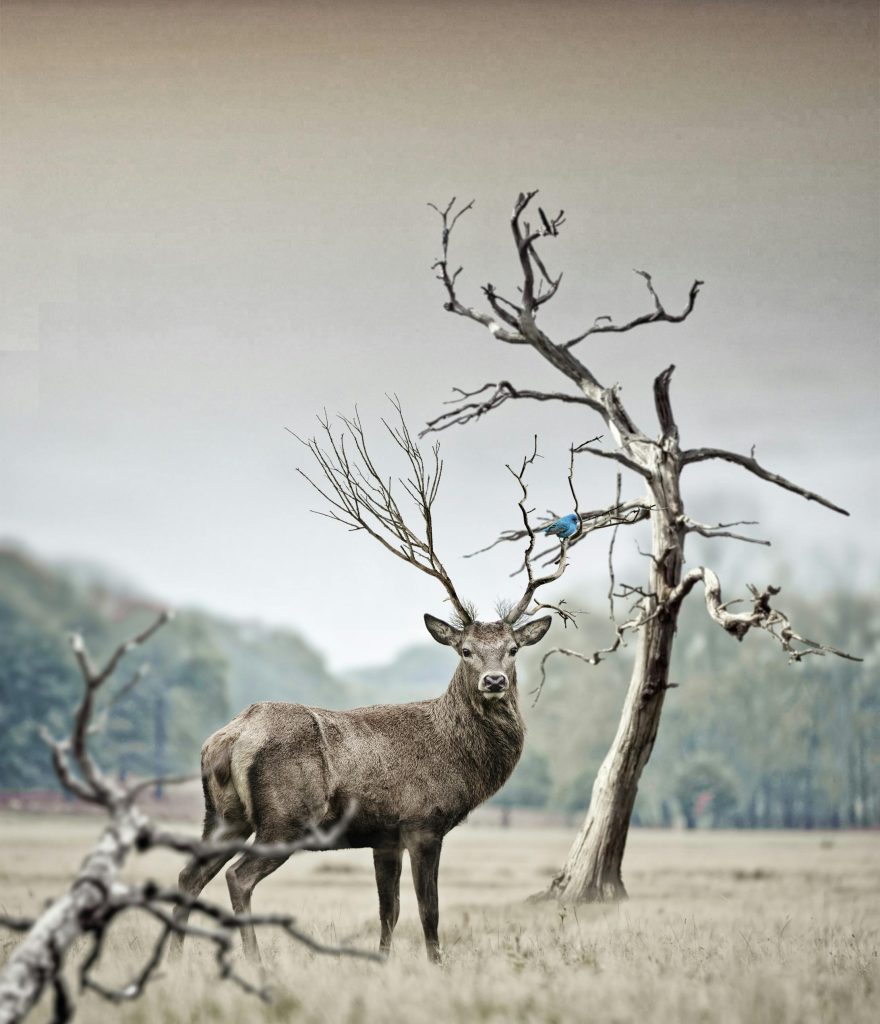Safely Preparing Wild Game
Posted in Food Safety,Our Blog on November 26, 2024

While many wives find themselves seeing their husbands a little less (or maybe you join him on the hunts) this is such an important time to brush up on safely preparing wild game. This begins as soon as the animal is seen even before the harvest. Here are some tips for harvesting, preparing and eating wild game that will keep your family happy and most importantly healthy.
- Only harvest animals that look and act healthy; animals that are dead or not behaving normally may carry dangerous diseases.
- Reduce exposure to lead in meat by using non-lead ammunition or bow hunting.
- If hunting out of state, be aware of additional health warnings regarding disease and contaminants in game where you are hunting.
- Follow all Department of Environmental Conservation (DEC) hunter safety laws and regulations.
Butchering and Preparing Harvested Game
- Wear nitrile, rubber or latex gloves when field dressing, skinning, and butchering game to avoid contact with any bacteria, viruses, or parasites in the animal.
- Do not eat, drink or smoke while cleaning harvested game.
- If you prepare your own ground meat, thoroughly clean and disinfect all equipment after use.
- Discard intestines. Remove them soon after harvest and avoid direct contact with intestinal contents.
- Remove all bullets, slugs, shot, bullet fragments, debris and affected meat (including feathers, fur, bone, etc.) from game when preparing it for consumption.
- Avoid handling or cutting through the skull or spinal cord. If removing antlers, use separate dedicated knives, saws and cutting boards.
- If you take the skull cap (with antlers), thoroughly clean the skull cap, utensils and work surfaces with bleach solution, as described above.
- Avoid handling the brain and spinal tissues or fluids, saliva and mouth parts of game animals.
- Wash hands thoroughly with soap and water if these are handled.
- Game should be kept cool (with ice or refrigerated below 45℉ or 7℃) until butchered (including big game hanging for several days). After butchering keep the meat refrigerated or frozen until it is prepared.
- Cook all game and birds to at least 165℉ (74℃) in the thickest part of the meat.
Fish also require some careful handling:
- Keep the fish you catch alive as long as possible. A metal link basket or a live box is better than a stringer. Don’t throw fish in the bottom of the boat.
- If you can’t keep them alive, put them in an ice chest with ice.
- Clean them as soon as possible.
- When fishing in the winter, be sure to keep the fish covered because the wind will dry them out.
Cleanliness is the most important part of harvesting and preparing any wild game. There are so many ways that the meat can be contaminated and following basic food safety tips can keep things safe. We begin teaching this to our boys very early in life as we are a family that does rely on hunting for part of our diet. We want to ensure that everyone is not only safe while hunting but safe when harvesting and preparing the meat as well.
For more information about safely keep an eye on Make Food Safe. We wish all hunters a happy and safe harvest season.
